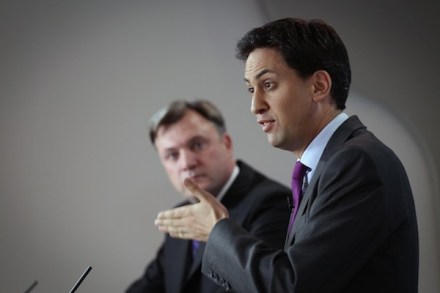Arts cuts? What arts cuts?
Luvvies have never really liked Tory governments. Poor Tracey Emin was nearly lynched by the arts crowds when she had the audacity to let David Cameron hang one of her neon pieces in Downing Street. Things are getting heated with the new no-nonsense Culture Secretary, Maria Miller, who seems to have upset the triumvirate of darlings: Danny Boyle, Stephen Fry and Stephen Daldry. They have all laid into the government this week for apparently choking off arts funding, with the less-than-subtle undertone being that Tories are philistines. Needless to say, their star quality has given the story some glittering legs. It is true that ‘the Arts’ are taking about a 30




















